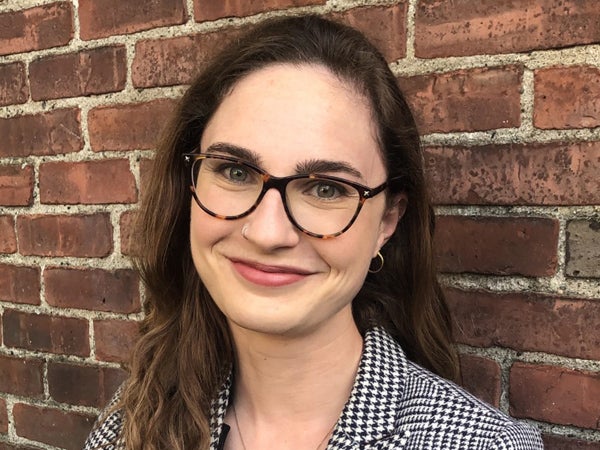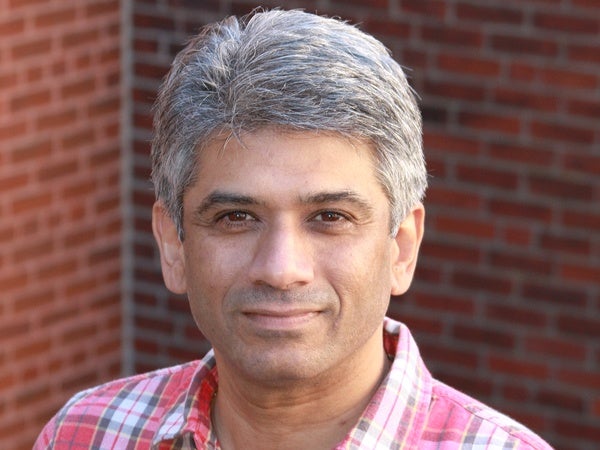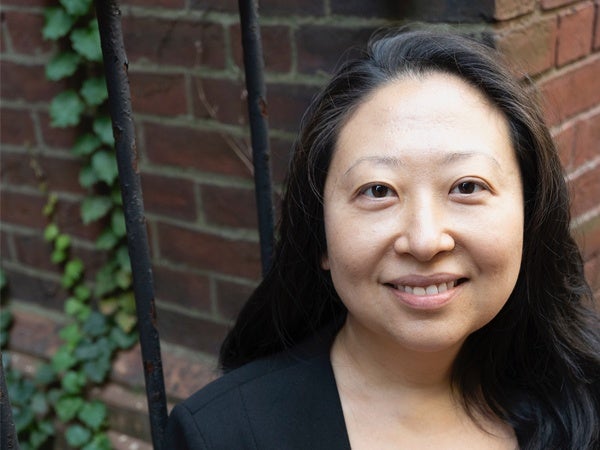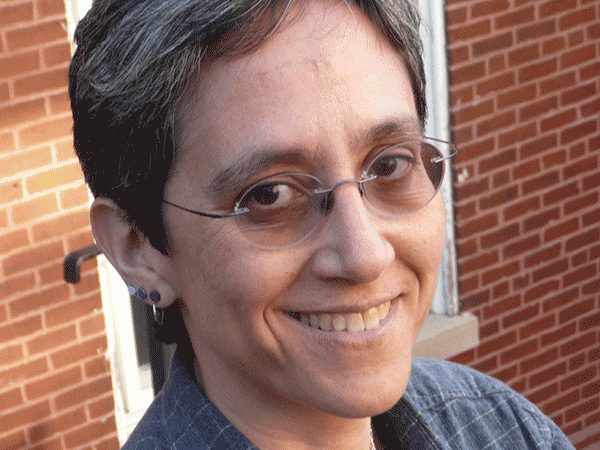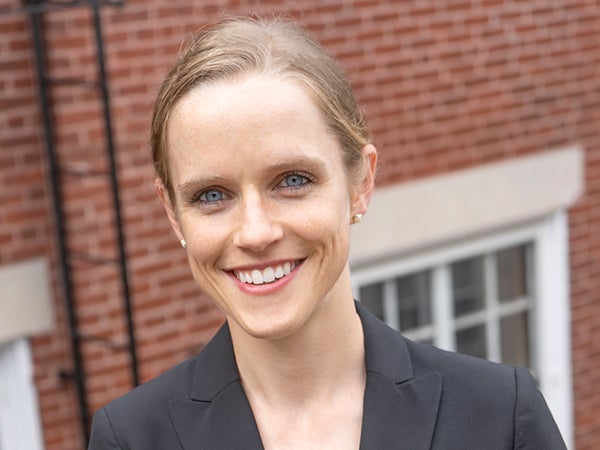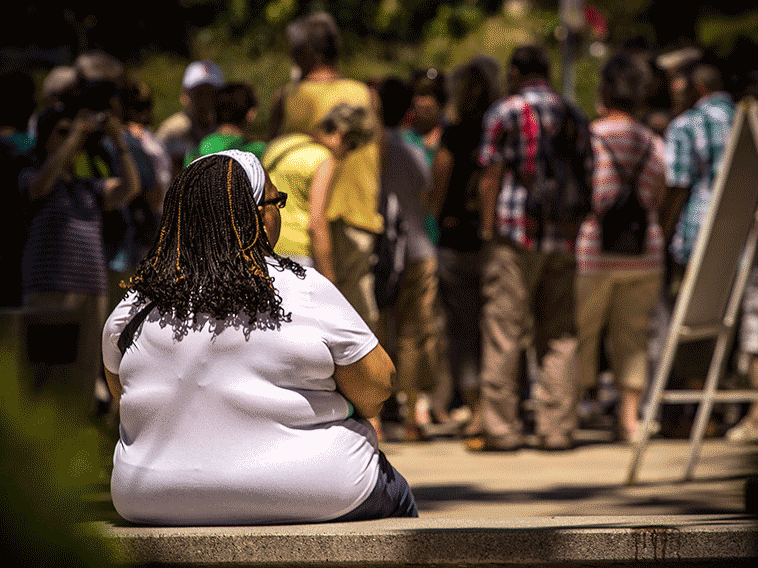Harvard Sloan Fellow on Aging and Work Leah Abrams, PhD, is an author on a paper published in The Journals of Gerontology, Series b that finds that middle-aged adults who experienced an “unexpected work exit” suffered from more depressive symptoms, whereas working longer than planned was not associated with an increase in these symptoms (except among Hispanic respondents).
Christina Cross in The Harvard Gazette: “Why living in a two-parent home isn’t a cure-all for Black students”
Harvard Pop Center Postdoctoral Fellow Christina Cross, PhD, has penned an op-ed in The Harvard Gazette in which she shares her forthcoming research on why a two-parent household is not a panacea for better educational outcomes for low-income Black students. Dr. Cross points to President Biden’s proposed American Families Plan as an example of a policy that could better address inequalities in opportunity than policies anchored to a two-parent household…
Mass vaccination campaign in India may have contributed to spike in cases
Professor S (Subu) V Subramanian, PhD, has authored a comment in The Lancet Global Health in which he cautions that the mass vaccination campaign in India may have contributed to the recent increase in COVID-19 cases there. He urges leadership in India to rethink its vaccination strategy to reduce virus spread by preventing overcrowding and enforcing non-pharmaceutical interventions, such as masking and social distancing, at vaccination centers. On IndiaToday.com, Subu…
Continue reading “Mass vaccination campaign in India may have contributed to spike in cases”
Sung S. Park in NYT “Family Caregivers Feel the Pandemic’s Weight”
Harvard Sloan Fellow on Aging and Work, Sung S. Park, PhD, shares findings of her study published in The Journals of Gerontology on the differences in mental and physical health among non-caregivers, short-term caregivers, and long-term caregivers during the COVID-19 pandemic in this New York Times piece.
“In India, anything and everything is a super-spreader event”
Harvard Pop Center faculty member S (Subu) V Subramanian, PhD, tells The Harvard Gazette that “in India, anything and everything is a super-spreader event.” A visualization dashboard of COVID-19 vaccine distribution in India by Subramanian’s Geographic Insights Lab was also cited by The New York Times in an article describing the recent and devastating surge of infections in the county.
Krieger et. al. call for medical journals to publish more empirical studies on racism and health
In this analysis published in Health Affairs, Nancy Krieger, professor of social epidemiology, and her colleagues take a look back at how many times the word “racism” appears in a search of scientific literature published over the last three decades by four of the world’s leading medical journals. The authors have also authored this piece published in Time Magazine that introduces the findings of their study to a wide and…
Honing messages about potential harms to health from sugary drinks
Harvard Bell Fellow Anna Grummon, PhD, is an author on this study published in Appetite that looks at which “health harms” participants (a group of over 1,000 parents in the U.S.) were most aware of, and which ones most discouraged them from buying sugary drinks. “These findings suggest health messages focused on a variety of health harms could raise awareness and discourage sugary drink purchases.”
The dangers of ignoring the other epidemic during the COVID-19 pandemic
Jason Block contributes his public health expertise to this op-ed in The Washington Post on the acute (and chronic) risks of ignoring the obesity issue in the U.S. “The reason obesity is so stigmatized is that people think of weight as a choice . . . It’s especially unfair when we have a society that makes opportunities to gain weight so ubiquitous.”
How are changes in working status due to COVID-19 impacting the mental health of those Americans close to retirement age?
Harvard Pop Center’s Sloan Fellow on Aging and Work Leah Abrams, PhD, and recent Harvard Bell Fellow Lindsay Kobayashi, PhD, along with a colleague, have published their findings which reveal that workers who lost their jobs (more commonly associated with those who were under age 65 and those with less than a college degree), were furloughed, or experienced a reduction in hours suffered from increased loneliness and depressive symptoms, whereas…
If this is to be the “Decade of Healthy Ageing,” treatments and support for Alzheimer’s disease and related dementias (ADRDs) need to scale up now
The United Nations has declared that we are now in the “UN Decade of Healthy Ageing” (2021-2030) as a way to address the challenges that accompany increasing global life expectancy. Two researchers affiliated with the Harvard Pop Center (David Bloom and Benjamin Seligman) are among the authors of this piece published on voxeu.org that cites the rapidly developed COVID-19 vaccine as proof that complex health crises can be successfully tackled.…
